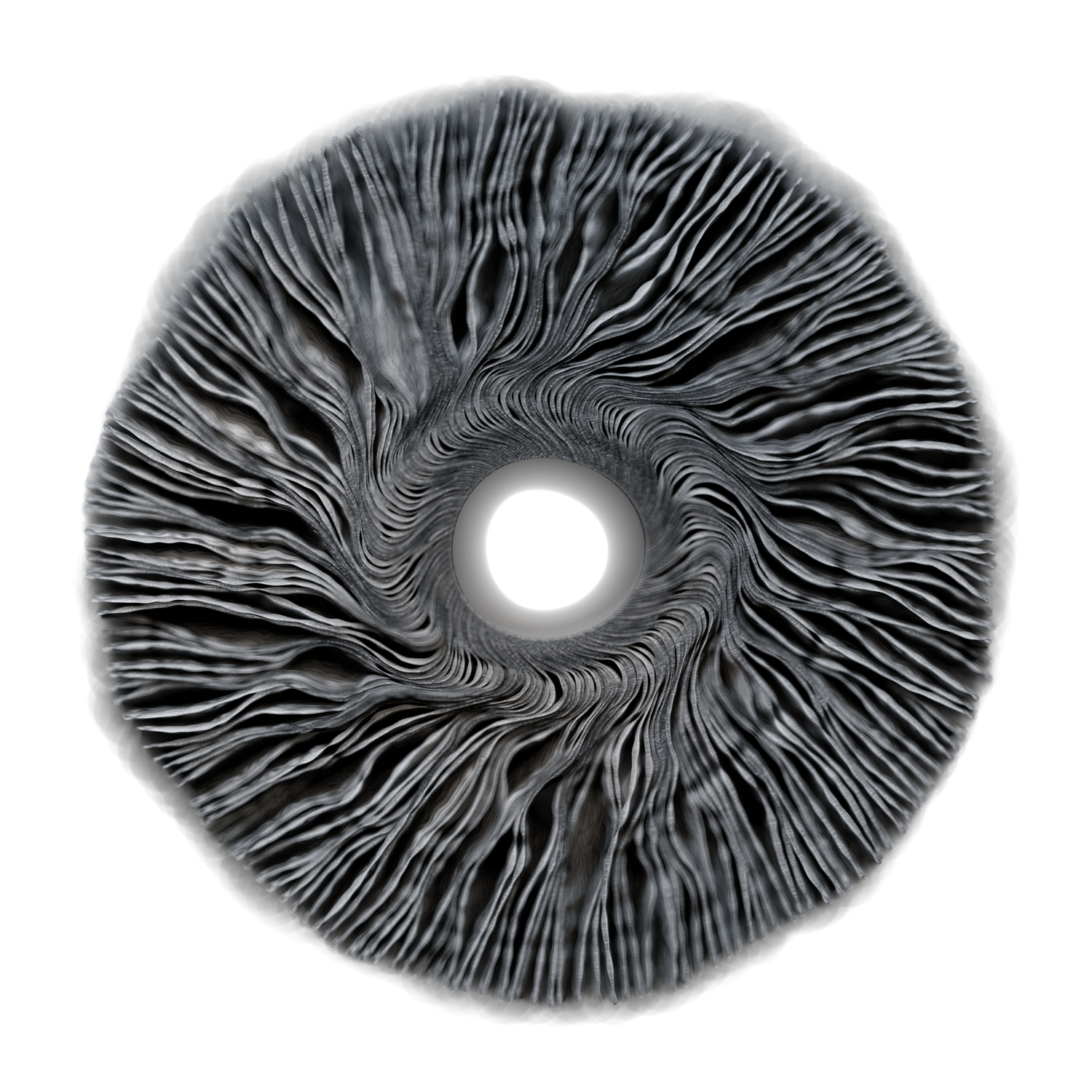
the body state
the body state feat isabella lauermann
2021 - sÃO pAULO, bRASIL
pERFORMANCE Post Motern, advocacyThis project satirizes and takes to absurdism the State's interference in our autonomy over our bodies and sexuality. We use body donation for necrophilia as a posthumous performance, in this narrative the necrophile is the State.
The Body State - Posthumous Performance by Hifa Cybe and Isabella Lauermann, this project involves our research on death, mine related to memory that unfolds into subjects about the body, violence, death and necropolitics and Isa's on necrocitizenship, and our research meets at different times and talk to each other.
This project satirizes and takes to absurdism the State's interference in our autonomy over our bodies and sexuality. We use body donation for necrophilia as a posthumous performance, in this narrative the necrophile is the State.
We also touch on subjects such as necrocitizenship, religion, necropolitics and body donation, which, for example, if you go to Law No. 9,434 in art. 4th, he is saying that organ donation depends on family scrutiny to happen, which is independent of individual will and autonomy, and this is our social theater, just like the perverse figure of the necrophile.
We also made a donation document, this donation will probably not be made for obvious reasons, but the performance itself is a discussion that permeates issues of the body, death, violence, sexuality and politics.
In Brazil, the freedom of bodies is constantly restricted by deep-rooted morality. Furthermore, the silence about mortality is reflected in legislation since we do not have any type of guaranteed right over expressly expressed wishes regarding our corpse. The necrocitizen is entirely linked to the wishes of his relatives, and it can be said that, seen as matter, he would then become the property of the family. To the same extent that the permission to donate organs and the donation of the body to science are legislative advances, the need for family screening for these practices to be carried out is a setback.
The work seeks to metaphorize the State in the figure of the necrophile. Both because the State represents a perverse figure, restricting the freedom of bodies (dead or alive) and allowing itself to be influenced by religious fetishism, and because of the responsibility that the State should assume so that the desire of individuals regarding the corpse is fulfilled.
After all, who is the necrophile?


